

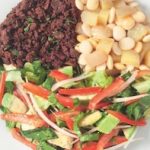
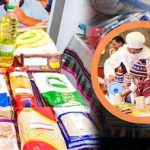
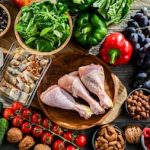

Every October 16th the World Food Day, a date that invites us to reflect on food security and the eradication of hunger, global challenges that also deeply affect Peru. In a country where hunger reaches 15% of the populationaccording to data from National Institute of Statistics and Informaticsthis day acquires special relevance, encouraging governments, institutions and citizens to consider sustainability in their eating habits. In the Peruvian context, food production and consumption face growing environmental and social challenges, in order to make a call for collective action to ensure the well-being of future generations.
To address these challenges, Le Cordon Bleu University encourages consideration of sustainable food options, highlighting their role in protecting natural resources and strengthening local economies. Óscar Jordán, professor of Food Industry Engineering, highlights the importance of these changes in search of a healthier future for the planet and the population. This reflection invites us to explore the paths towards a more conscious and respectful diet for our environment.
Sustainability in food is a topic of increasing importance in Peru, a country with rich biodiversity and a vast agricultural tradition. However, climate change and unsustainable agricultural practices threaten these natural resources, posing a real risk to the country’s food security. Adopting sustainable eating habits not only helps preserve biodiversity, but also protects local economies by promoting environmentally friendly agricultural practices.

Besides, the influence of globalization has increased Peru’s dependence on imported foods, often industrialized, which not only have a higher environmental cost due to transportation, but also put local producers at a disadvantage. By preferring national products, especially those grown under sustainable methods, circular economies are promoted where farmers and consumers mutually benefit.
Specialist Óscar Jordán highlights several strategies to promote sustainability in food. First of all, opting for locally produced foods is crucial. By reducing transportation distances, you reduce carbon emissions and support local farmers. In addition, grow food at homesuch as vegetables and herbs, helps reduce dependence on long and expensive distribution chains.
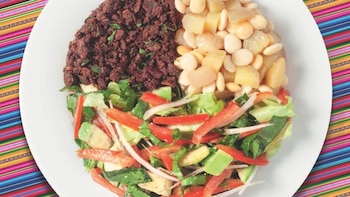
Another key recommendation is to incorporate technological innovations in agricultural practices. Methods such as vertical farming and the use of natural fertilizers change the landscape of the agricultural sector, allowing sustainable crops in urban and rural areas. These practices not only reduce the environmental impact, but also optimize the use of resources, such as water and soil.
Food waste is a significant problem, both globally and locally, with estimates indicating that around 30% of food produced is lost. .
In Peru, this problem can be mitigated through simple but effective strategies. Proper storage and correct rotation of food are essential to prevent expiration.
Additionally, seeing waste as an opportunity is vital. Many times, the parts of food that we consider leftover, such as peels or stems, can be reused in other preparations or transformed into compost, which enriches the soil for future crops. Education around food waste management is key to adopting these practices effectively.
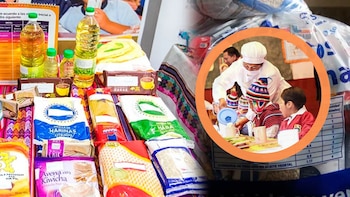
Food safety is essential to ensure that the food we consume is safe, that is, free of chemical, biological or physical hazards. In Peru, while large-scale food industries often have rigorous controls, products from informal markets or measured street sales often lack the same standards.
It is crucial that both producers and consumers are informed and aware of the importance of food safety. When selecting foods, opting for those that meet recognized safety standards not only protects our health, but also pushes for better practices throughout the supply chain. food production.
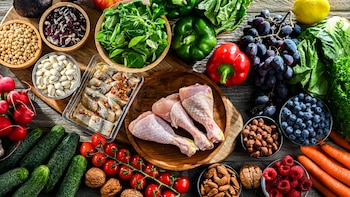
The adoption of sustainable eating habits is an urgent need in Peru to guarantee a safe and healthy future for all. By choosing local products, reducing waste, and supporting innovative agricultural practices, each person contributes to mitigating environmental impact and strengthening local economies. As Óscar Jordán points out, these actions are essential for food security and the preservation of the country’s natural resources. Making conscious and responsible decisions today is the key to ensuring that next generations inherit a better world.